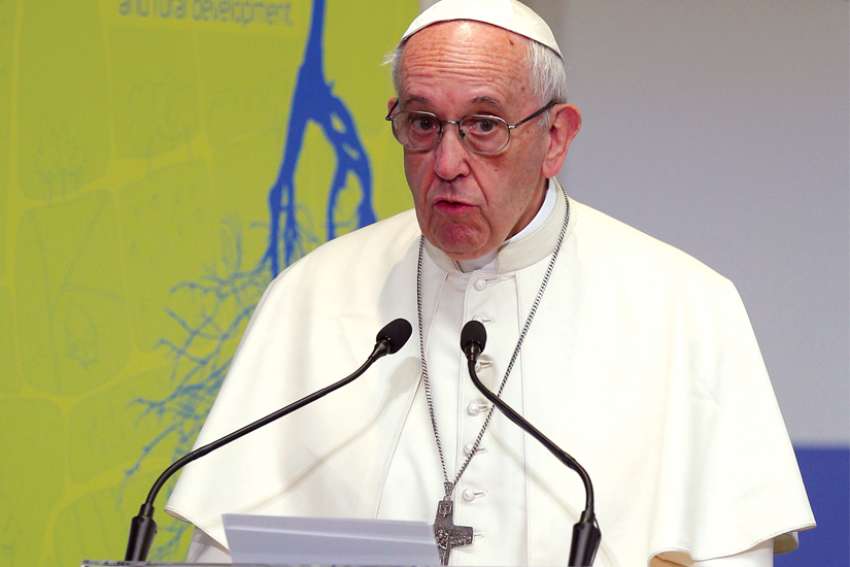The changes, the Pope said, should “foster a sense of collegiality and the pastoral responsibility” of bishops and religious superiors who are closest to the matters being decided and therefore have a better understanding of what is appropriate.
Pope Francis’ amendments to both the Code of Canon Law of the Latin-rite Church and the Code of Canons of the Eastern Churches were published by the Vatican Feb. 15, the day they were to go into effect.
The modifications, the Pope said, “reflect even more the shared and plural universality of the Church,” which includes many legitimate differences, but preserves its unity in communion with the pope.
At the same time, he wrote, the changes “encourage a more rapid efficacy of the pastoral action of governance by the local authority, which is facilitated by its very proximity to the persons and situations which require it.”
For setting up an interdiocesan seminary, drafting a program for the formation of priests or publishing a national catechism, with the new law the bishop or bishops’ conferences involved simply need to obtain a “confirmation” from the Vatican and are no longer required to seek the “approval” of the Vatican.
In Church law, ““approval,’ as opposed to ‘confirmation,’ entails a greater commitment and involvement” of the Roman Curia. “Therefore, it is evident that the shift from requiring ‘approval’ to requiring ‘confirmation’ is not only a terminological change, but a substantial one, which moves precisely in the direction of decentralization,” Bishop Marco Mellino, a member of the Pontifical Council for Legislative Texts, told Vatican News Feb. 15.
In another change, Pope Francis gave local bishops the authority to determine when there is “a just and necessary cause” for reducing the number of Masses to be said in fulfillment of a will or legacy left to the Church. Previously such a decision was reserved to the Vatican.
Mellino told Vatican News the law still insists that donations left to the Church be used for the donor’s intentions, but recognizes that over time, especially if the money was left decades ago, adjustments may be necessary.
Pope Francis also added a new paragraph to the canon dealing with consecrated virgins to make clear that a bishop may establish an association for consecrated virgins in his diocese and a bishops’ conference may do the same on the national level.
In addition, he gave religious superiors, when acting in consultation with their councils, broader authority for authorizing long absences from the community or for dismissing or accepting a request of a member with temporary vows to leave the community permanently.


